In today’s world, protecting vulnerable patients from airborne disease transmission has never been more imperative. Currently, the industry standards in place for cleanliness do little to mitigate the spread of airborne pathogens. SteriSpace is the only air treatment system that can achieve air sterilization.
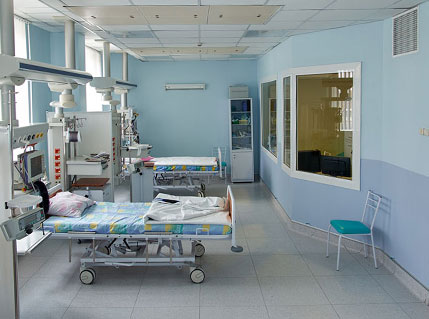

The SteriSpace technology has been shown to effectively sterilize the air by destroying airborne biological contaminants to provide next-level protection in a variety of medical settings.
Click on Any of the Applications Below to Learn More
In operating rooms, emergency rooms, and other hospital settings, it is a requirement to sterilize medical instruments – but it is equally vital to sterilize the air. Airborne pathogens can disseminate freely in non-sterile areas. Hospital visitors, concerned loved ones, and staff all enter through shared spaces in lobbies and waiting areas. This hospital environment may cause non-admitted patients to contract an illness from the hospital. These common spaces are prime areas for the SteriSpace Technology. Shared air is the problem, and SteriSpace is the solution.
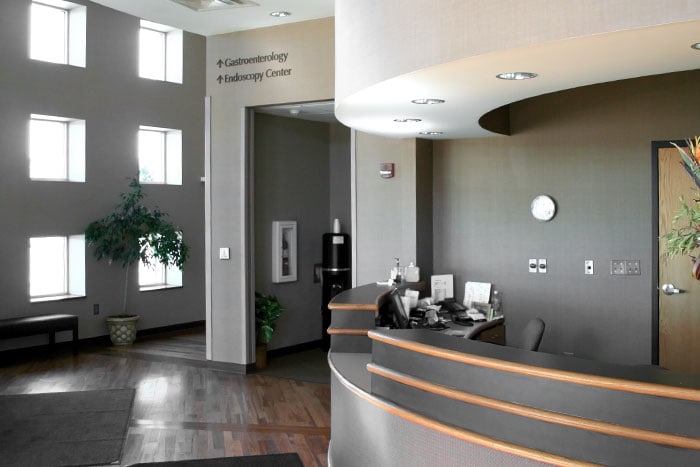
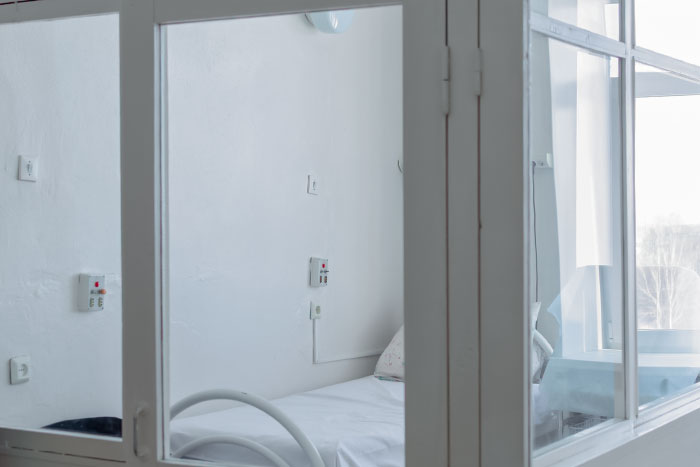
Airborne Infection Isolation (Aii) Rooms are negative-pressure areas essential for the containment of highly contagious diseases.
Prior to SteriSpace, all air from Aii rooms was required to be exhausted directly outdoors due to the inherent dangers of recirculating nonsterile, potentially contaminated air back into an area. These requirements are reasonable since there have not been any adequate methods to sterilize the air.
The ability to recirculate sterilized air is a welcome breakthrough as it presents many cost-saving benefits for healthcare facilities. Not only is using SteriSpace to sterilize an Aii room more energy-efficient, but it also eliminates the need to heat recirculated air during colder months, leading to significant energy savings.
Nursing home patients are commonly immunocompromised and prone to disease states during outbreaks of illness or infection. While the age of the residents hinders their chances of warding off infection, residents are frequently crowded into facilities to meet maximum occupancy. More patients per room means less space for distancing healthy residents from the sick ones. While residents can isolate themselves in their own rooms, studies have shown that this adversely affects their cognitive, as well as, mental health.
By adding a SteriSpace unit to a nursing home, you are giving peace of mind to patients and their loved ones. SteriSpace ensures infection containment by maintaining a negative pressure room which prevents the recirculation of any contaminated air back into the airflow. With SteriSpace, healthy patients are then safe and free to go about their daily activities.
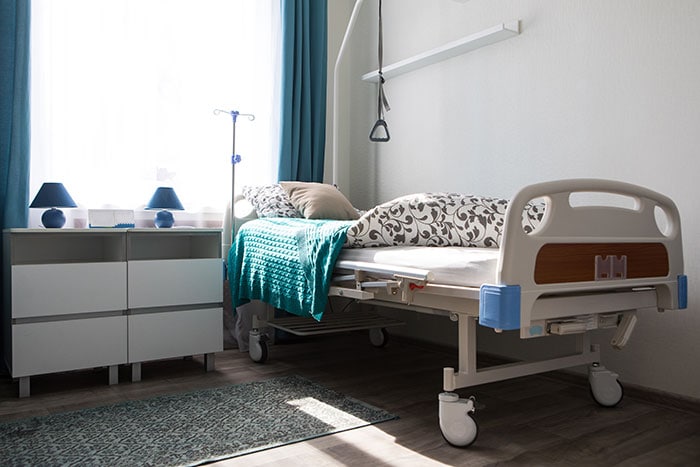
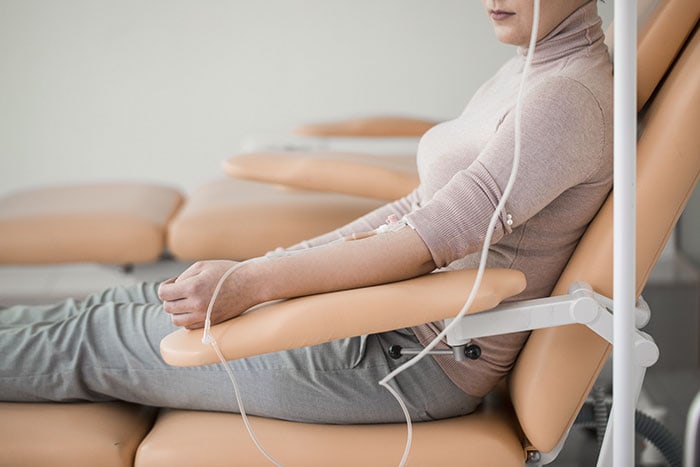
Clinics can range from in-patient tuberculosis treatment clinics or a simple one-hour infusion at an outpatient clinic down the road. Since there is such diversity with clinics, it’s easy to get caught up in the differences. Every clinic, however, could use the next advancement in indoor air quality; SteriSpace. No matter a short-term or long-term healthcare clinic, contagious patients are often housed in isolation rooms to prevent the spread of infections. Customize your clinic with our Air Sterilization Technology for optimal patient comfort and safety.
SteriSpace Technology has Repeatedly Shown the Sterilization of Air, in a Single-Pass, with Proven Efficacy Of 99.9999%, to Provide Next-Level Protection within Various Medical Environments
High-Efficiency Air Filtration Augmentation
Without a secondary air purification device, the industry-standard air filtration systems merely trap airborne pathogens instead of completely inactivating them. Airborne biological contaminants are small enough to frequently bypass air filtration.
When augmented with SteriSpace patented compressive heating technology, the air is effectively sterilized in a single pass, eliminating even airborne biological contaminants smaller than 0.3 microns. Most biological pathogens such as viruses and bacteria, including thermally resistant spores, do not survive the very high treatment temperature of SteriSpace at 464°f.
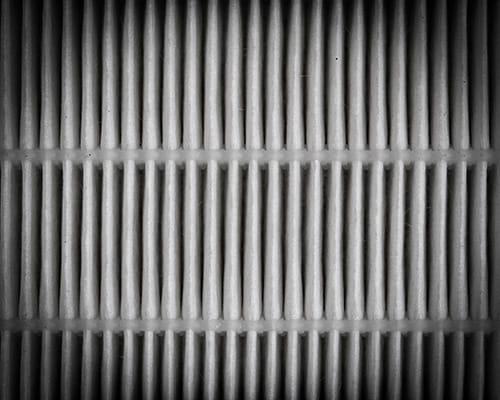
Learn How Implementing SteriSpace can Help Slow the Spread of Airborne Biological Contaminants